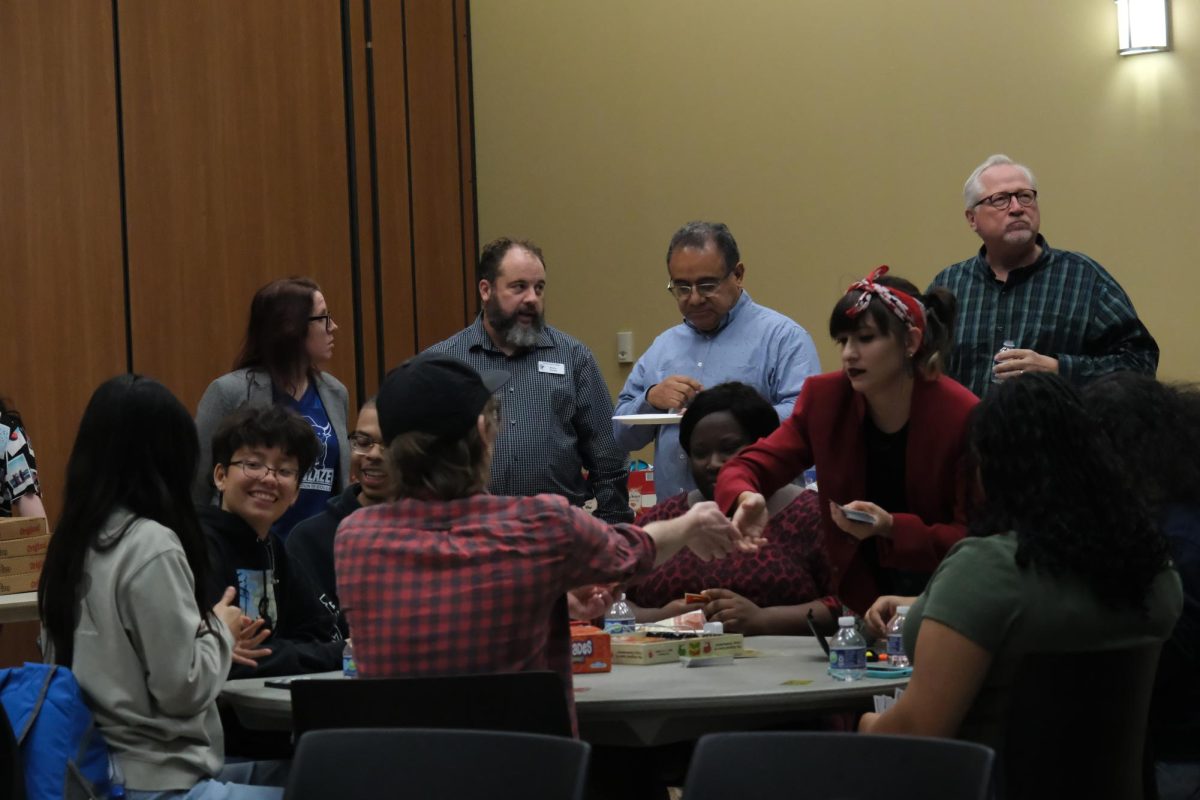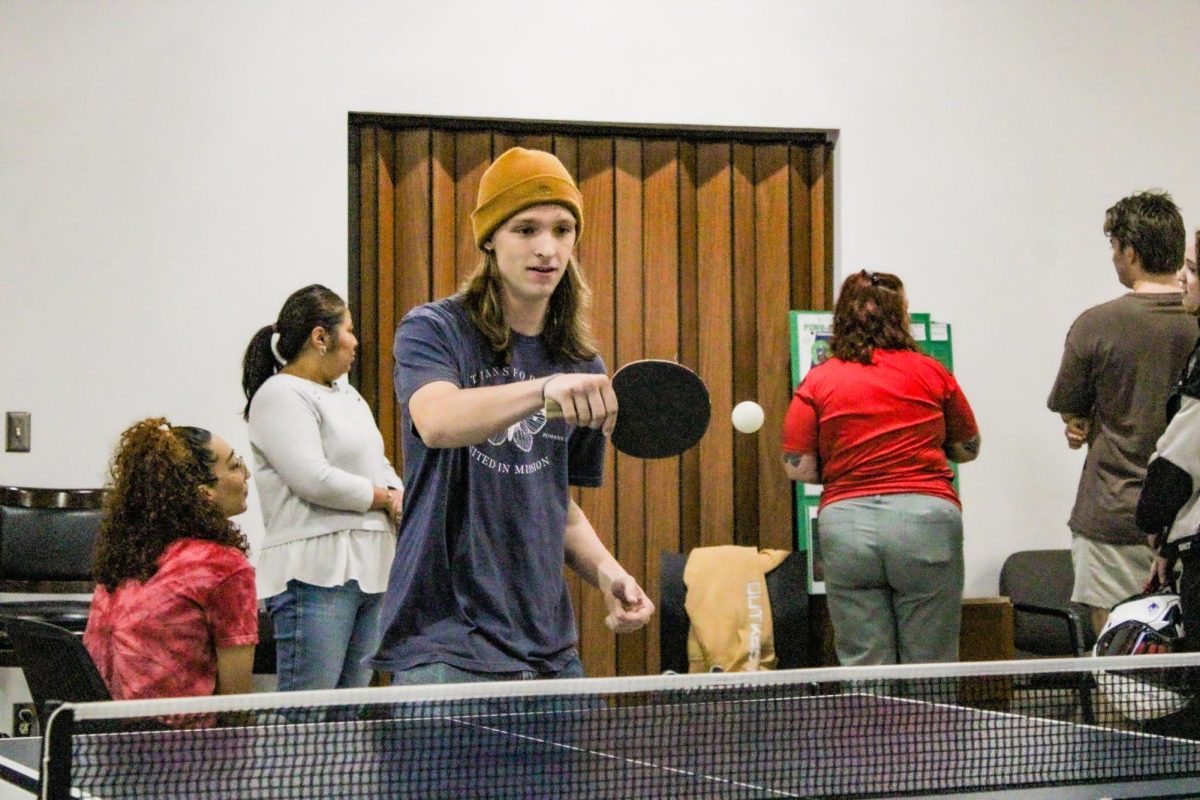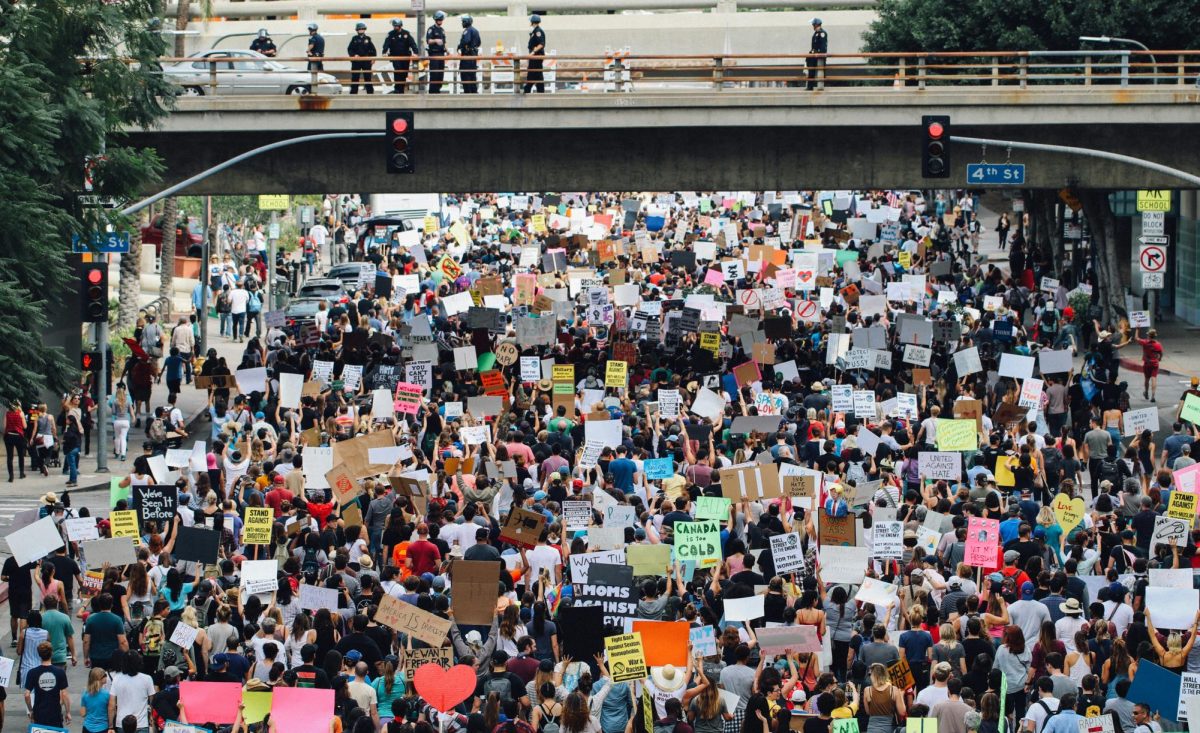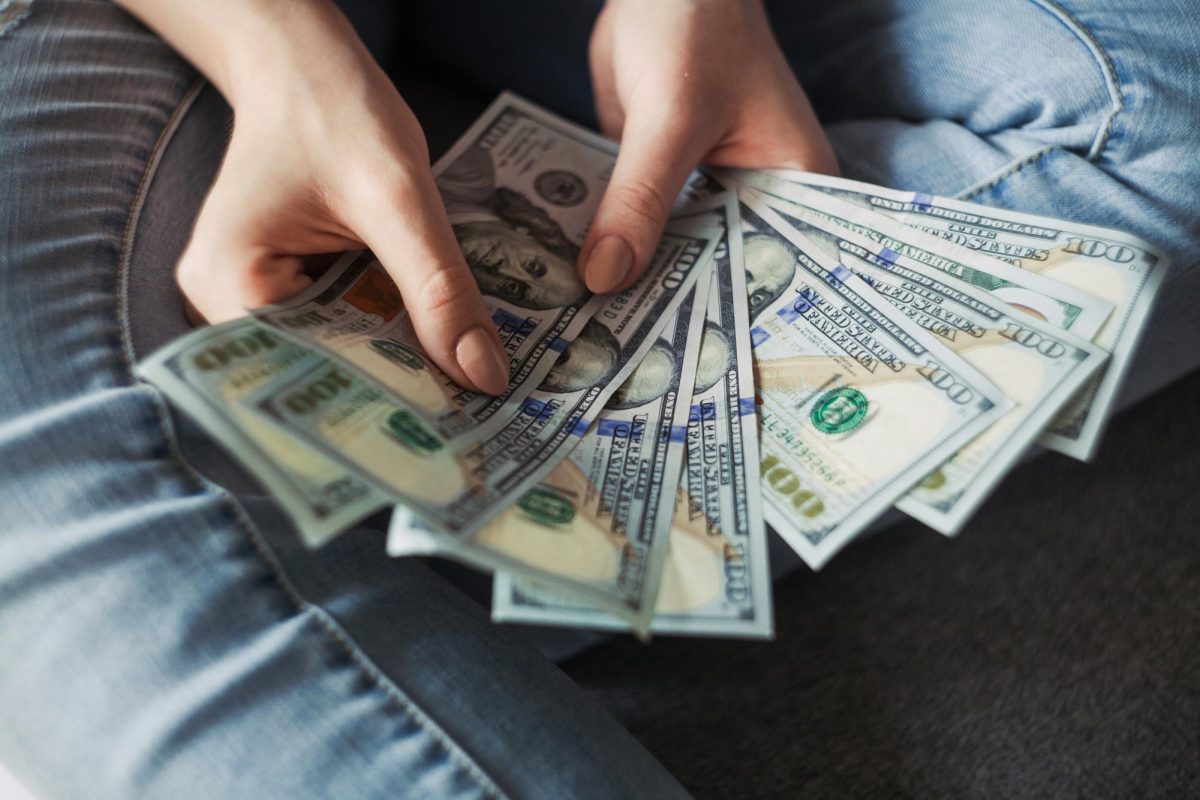Donald Trump will be serving his second term as president of the United States.
For many, this fact is met with a sense of fear. It means holding their breath and hoping their lives aren’t dramatically upended by proposed policies meant to restrict people like them.
As we enter a new political landscape, a cultural shift comes with it. The pipeline from conservative values to hateful ones is becoming alarmingly common and accepted as morally sound.
People are becoming bold with their remarks after confirmation of Trump’s second term. From threats like “Your body, my choice” to straight-up hate speech, the United States is inching towards becoming a hostile, even dangerous, place for a lot of marginalized individuals.
The fears are valid. Transgender individuals could be denied the simple right to exist as they want. Women could be denied care that shouldn’t be questioned in the first place. Immigrants are being forced to question their safety and whether violence will come with Trump’s promise of mass deportations.
A recent example of the escalating climate happened at Texas State University. Two men were seen with homophobic and misogynistic signs on campus, according to The University Star, Texas State’s student media outlet. They were met with counter-protests and escorted off campus.
More individuals are feeling comfortable expressing hateful and exclusionary views. To combat the harm this is causing we should look toward past civil rights struggles, where community engagement and educational tactics were used to bring people together with the common goal of protecting communities being targeted by hate campaigns.
The malicious agenda happening now shouldn’t be simplified to Democrats vs. Republicans. In the end, it comes down to recognizing who has a base level of respect for the humanity of every individual and who does not. Who is the oppressor and who will help resist it? There’s more resistance within the population than people think. When the issue is looked at this way, there is hope.
Why? It allows for successful organization and mobilization of people to minimize distress when a certain population is facing significant harm from the government or malicious groups.
It’s counter-productive to assume most people have bad intentions. This line of thinking limits the possibility of the amount of aid and support for those in dire need and creates unnecessary conflict. This energy could be funneled into active steps for restorative change.
Most people lean toward helping those in need. A small example might be the instinctive urge to hold the door open or give up a bus seat for someone who needs it more.
These acts of simple care will definitively continue even if, or when, the hateful actions of some increase, and it’s necessary to hold on to them. It’s necessary to value them and not underestimate their impact.
It’s disheartening to see the diminishing of optimism and firm belief in people necessary to stand strong in the face of abuse, not just when your own identity is being attacked but actively standing in solidarity with anyone being oppressed by a threatening government.
We can’t let go of the fact that a better world is possible. Oppressed communities have continued to assert their presence throughout world history, throughout U.S. history, and have stubbornly preserved their stories through sheer force of will. The gravitation to despair serves no purpose but to paralyze the possibility of change.
It’s vital to get involved in local volunteer projects, mutual aid, education initiatives and community- building events to preserve that historically liberating optimism.
Getting to know how the people around you live and how their lives can be made easier is one step toward combatting the isolation and loneliness that allows discrimination to succeed in its mission.
Times are tough. They are. However, there will always be the choice of being dedicated to keeping the practice of protecting those in need strong and healthy. The choice to argue for why it’s important to believe in others, even if it sounds naive, is how we survive.
The option to refuse to comply hasn’t gone away even as the government tightens its grip. It’s an option that requires us to rely on each other.
It requires us to be upset and angry, but never in despair. If anger is directed towards injustice, that is where action happens. But, if hopelessness is the priority, we will be standing still forever.






































